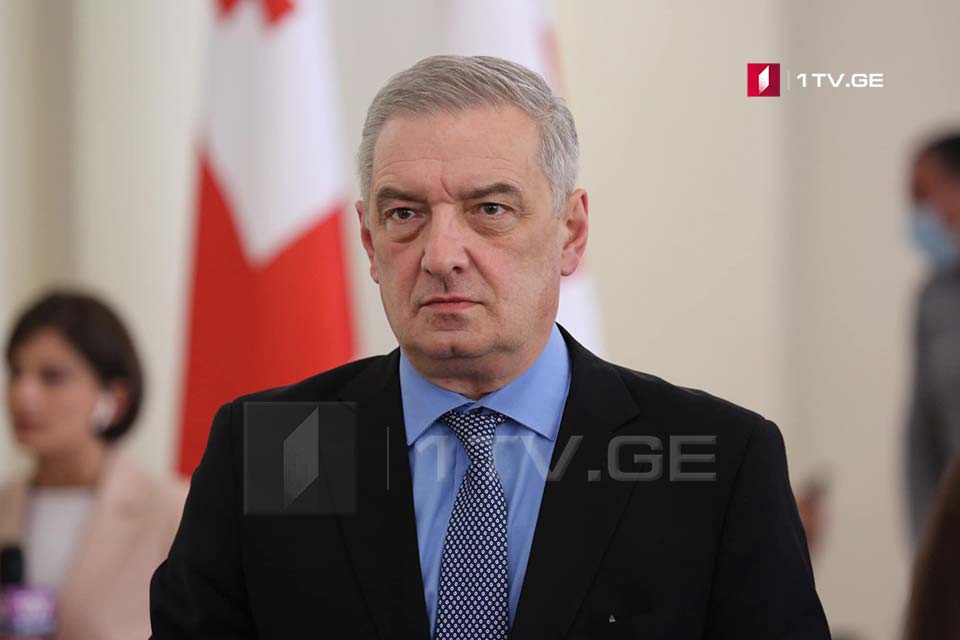GD's Volski: Transparency or rejection of LGBT propaganda doesn’t derail Georgia’s European course
“Demanding transparency or rejecting LGBT propaganda does not mean we have deviated from our European course, and it certainly does not imply that Russian interests are being promoted in Georgia,” stated Gia Volski, the First Vice-Speaker of the Parliament.
Volski expressed hope that attitudes towards Georgia will change.
“EU membership consists of various stages. Undoubtedly, the relationship that facilitates free movement is essential. We see many Europeans in Georgia, just as we see many Georgians in Europe. Another aspect is the free trade regime; we are associate members of the EU.
We have earned all of this through the progress, documented in studies by all international organizations. We surpass all candidate countries in ratings. We were barely granted EU candidate status, despite being at the forefront, even ahead of some EU countries. The next stage is transitioning to an action plan, which is currently stalled. I believe this is temporary until attitudes change regarding the fact that European standards do not accommodate falsehoods.
What have we done wrong? They say we’ve passed anti-liberal laws. Does this mean that if we don’t support LGBT propaganda and the return of sadism in Georgia, we’ve deviated from European standards? This is absolute impudence.
On January 6, 1921, Georgia applied to join the League of Nations to prevent Russian intervention. Georgia was rejected then, with the main argument being that Georgia was far away, 2,000 kilometres from Europe, and no country could send an expedition to protect or support Georgia. This was the rationale for Georgia’s rejection, and subsequently, the Red Army invaded Georgia in February.
The same story repeats with slight variations, but this situation will undoubtedly change because many MEPs sense the injustice towards Georgia, and you’ve heard numerous statements in the European Parliament supporting Georgia’s interests.
Therefore, let’s hope that attitudes will change, or they should kindly point out where this country is at fault, other than not engaging in such confrontation with occupying Russia that would ultimately destroy Georgia both economically and physically.
Demanding transparency or rejecting LGBT propaganda does not mean we have deviated from our European course, and it certainly does not imply that Russian interests are being promoted in Georgia. This is a fabricated impudence that the Georgian people certainly do not deserve,” Gia Volski declared.

